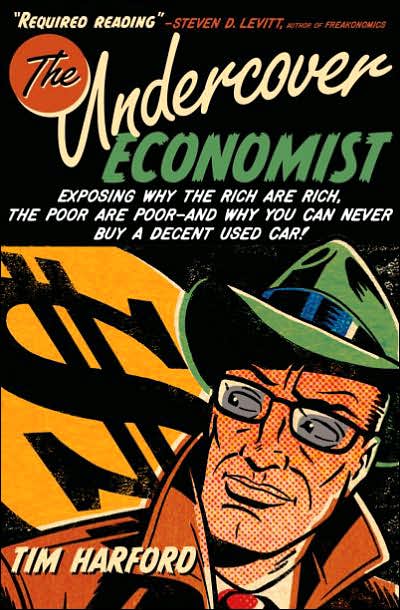
In between living and trying to stay alive I’m taking time to put together a masterpiece. I’m working on my book, I’m currently one chapter deep (actually a milestone) and it’s looking like a modern day classic. The first chapter has taken three attempts but I’m happy with it now and I’ve formulated fat chunky chunks of plots and twits in my head. It’s seems that my plan to read several books for inspiration has finally paid off . . . its now plagiarism time! Can I get a High Five on that?
The biggest downer to writing a book is . . . writing it of course! Who has the time and effort for that? It was hard enough coming up with an idea worth getting excited about.
I’ve worked on books in the past . . . I have more ideas than books. And of course I think all of my ideas are potential best sellers. But I have a good feeling about this one. Not that it’ll get published and be a best seller, but I actually think I’ll finish it . . . some time this century. I’ve decided to live past one hundred so it’s not a big deal.
Other than realising the mass of this challenge I’ve also come across a few other contributing factors that may hinder my progress.
Work is the biggest hitter. I always feel like working on my book whist at work . . . then by the time I get home it’s a ‘long ting’, just want to lay back and relax. There are of course the weekends, but weekends aren’t book writing days . . . weekends are actually just Friday nights and Saturdays and I’m 23 . . . even if I don’t end the night with my head pressed against a night bus I’ll find myself glued to the TV watching football . . . and then watching football highlights. So time could be made, but you know . . .
Ugh . . . my dusty laptop is another moral killer. I have to turn it on fifteen minutes before I want to use it. So it makes sense that I don’t shut it down, I always put it on standby. But this tin of tuna decides when it wants to turn off . . . and it gives no warning. Just cuts off. At 10pm, with your alarm set for 6am, you’ll question how much you really desire to get that chapter wrapped up . . . it can wait.
No worries though, I should have a new high spec PC on the way. Wide screen monitor, dual core processor, 300+ GB Memory and some other cool stuff that’ll make it great for watching movies and playing games . . . oh, and writing books as well.
I was easily distracted at school, not too much has changed. But I got good grades, give me a break, I said it’s a masterpiece.
I’m sure I’d make more progress on a typewriter . . . no MSN, Facebook or YouTube to distract me. Just me, my typewriter and a snazzy tip-ex pen . . . box of crayons for the illustrations, one picture every ten pages.
A modern day classic.
A to the . . .
The biggest downer to writing a book is . . . writing it of course! Who has the time and effort for that? It was hard enough coming up with an idea worth getting excited about.
I’ve worked on books in the past . . . I have more ideas than books. And of course I think all of my ideas are potential best sellers. But I have a good feeling about this one. Not that it’ll get published and be a best seller, but I actually think I’ll finish it . . . some time this century. I’ve decided to live past one hundred so it’s not a big deal.
Other than realising the mass of this challenge I’ve also come across a few other contributing factors that may hinder my progress.
Work is the biggest hitter. I always feel like working on my book whist at work . . . then by the time I get home it’s a ‘long ting’, just want to lay back and relax. There are of course the weekends, but weekends aren’t book writing days . . . weekends are actually just Friday nights and Saturdays and I’m 23 . . . even if I don’t end the night with my head pressed against a night bus I’ll find myself glued to the TV watching football . . . and then watching football highlights. So time could be made, but you know . . .
Ugh . . . my dusty laptop is another moral killer. I have to turn it on fifteen minutes before I want to use it. So it makes sense that I don’t shut it down, I always put it on standby. But this tin of tuna decides when it wants to turn off . . . and it gives no warning. Just cuts off. At 10pm, with your alarm set for 6am, you’ll question how much you really desire to get that chapter wrapped up . . . it can wait.
No worries though, I should have a new high spec PC on the way. Wide screen monitor, dual core processor, 300+ GB Memory and some other cool stuff that’ll make it great for watching movies and playing games . . . oh, and writing books as well.
I was easily distracted at school, not too much has changed. But I got good grades, give me a break, I said it’s a masterpiece.
I’m sure I’d make more progress on a typewriter . . . no MSN, Facebook or YouTube to distract me. Just me, my typewriter and a snazzy tip-ex pen . . . box of crayons for the illustrations, one picture every ten pages.
A modern day classic.
A to the . . .










